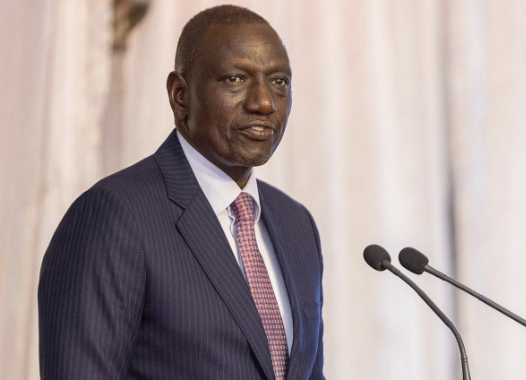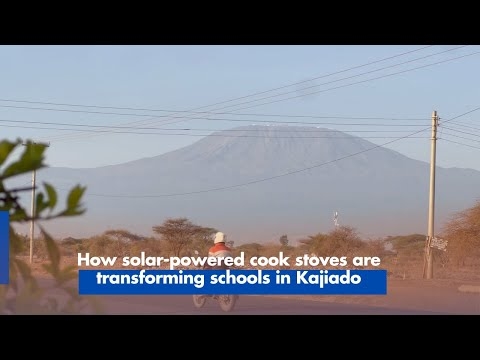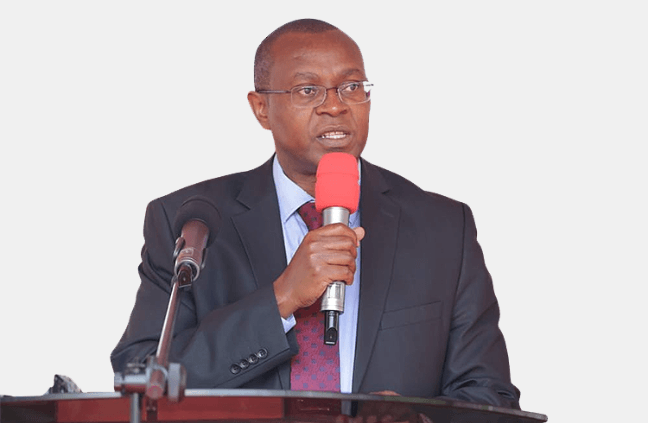
President William Ruto has exuded confidence as Moody revises the country’s credit outlook from “negative to positive.”
In a statement on Saturday, President Ruto said that the country is doing well.
“We are doing well,” the President said on X.
Other leaders joined the President in celebrating the revision of the country's fiscal position to 'positive'.
Environment Cabinet Secretary Aden Duale congratulated President Ruto for steering the country towards a stronger, secure and stable economy, and restoring confidence in the nation's financial future.
He said the positive shift reflects the Ruto-led administration's success in addressing key economic challenges, including reducing inflation, lowering interest rates and creating an environment that has boosted private-sector lending.
"Additionally, the stabilization of the foreign exchange rate, driven by the Government's effective debt management strategies, highlights the President's commitment to sound economic policies. Congratulations to H.E. President William Ruto," Duale said.
Interior PS Raymond Omollo said the move signals growing confidence in the country's economic trajectory under President Ruto's leadership.
"This improvement is attributed to declining inflation, reduced interest rates and increased private sector lending, alongside a stabilizing foreign exchange rate attributed to the Government's debt reduction efforts," Omollo said.
Moody’s cited potential ease in liquidity risks and improving debt affordability over time for the positive rating.
Moody’s, however, affirmed that the local and foreign-currency long-term issuer ratings and foreign-currency senior unsecured debt ratings still stand at CAA1.
It also observed elevated credit risks driven by very weak debt affordability and high gross financing needs relative to funding options.
"Given low inflation and a stable exchange rate, there is potential for further reductions in domestic borrowing costs as past monetary policy rate cuts pass through to lower long-term borrowing costs," Moody's said.
Kenya has been struggling with heavy debt and looking for new financing lines since last year due to nationwide protests against proposed tax increases.
Moody’s said domestic financing costs have started to decline amid a monetary easing cycle and this could continue if the Kenyan government effectively manages its fiscal consolidation.
This could open doors for external funding options, the report said.
“Domestic financing costs have started to decline amid monetary easing and could continue to do so if the government sustains its more effective management of social demand and fiscal consolidation. Such a track record would also boost Kenya’s access to both concessional and commercial external funding,” Moody’s said.












